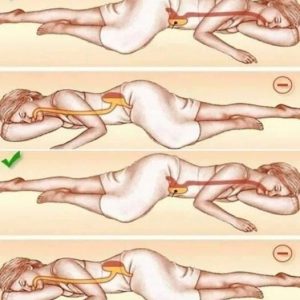1. Move It
Physical activity is especially important. Although many experts recommend 30 minutes of exercise a day, that doesn’t mean immediately going from zero to 30 minutes.
Take it slowly until you can achieve this goal. Once you start exercising, make it routine. For weight loss, you may need to increase to 60 or 90 minutes daily. Consult your doctor before starting a new exercise program.
2. Lose It
Body mass index (BMI), a calculation of your weight to height, is an important indicator that you are in a healthy range (18.5 – 24.9).
3. Waist Management
Excess abdominal fat is a risk factor of heart disease, diabetes, non-alcoholic fatty liver disease, asthma, etc. Ideal waist circumference is less than 35” for women and less than 40” for men.
4. Eat Right
Diet can impact cardiac health. Focus on fruits and vegetables, whole grains and meals you prepare yourself. Avoid foods with trans fat and high sugar/sodium content. To determine the best meal plan for you, consult a licensed registered dietitian.
5. Snooze or Snore?
Loud snoring can be a sign of sleep apnea, a significant risk factor for high blood pressure and cardiovascular disease. Too much or too little sleep can contribute to weight gain. Aim for 6 to 8 hours of soundless sleep per night.
6. Speak Up
Know your family history. If there is history of heart disease, high cholesterol, high blood pressure, or stroke, bring it to your doctor’s attention.
You should also bring questions to your doctor’s appointment. Not just knowing, but understanding your numbers is important. Ask your doctor about your blood pressure, fasting blood sugar, BMI and cholesterol levels and have them explain what those numbers mean for you.
7. Kick the Habit
Quit smoking! Avoid secondhand smoke. A single cigarette raises blood pressure for 20 minutes and increases the risk of having a heart attack or stroke for the next 24 hours. Find resources to help you quit smoking.
8. Are Aspirin and Supplements Right for You?
Aspirin and supplements may be beneficial, but they are not without risk. Talk to your doctor before beginning any supplement therapy.
9. Say “No” to Stress
Managing stress is one way to lower the risk of heart disease. There may be little you can do about problems that cause stress, but there are techniques for managing it, such as long walks, meditation and exercise.
10. Start!
Start now and start small. Make changes one at a time and set reasonable and attainable goals to help increase the feeling of empowerment on your journey to a healthier life.





